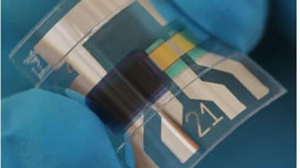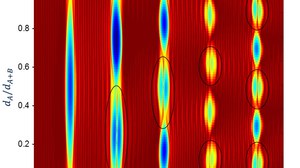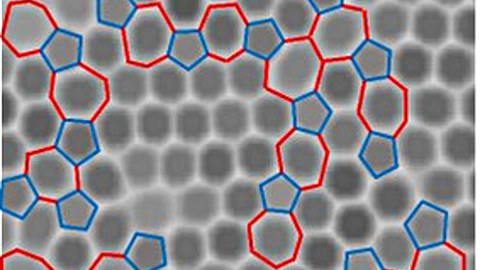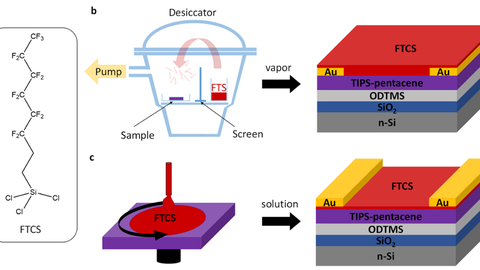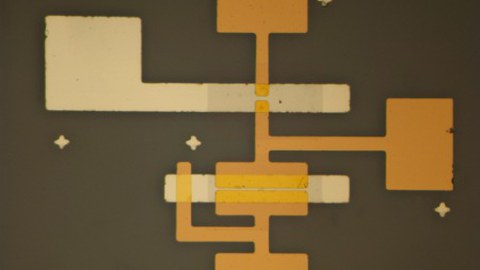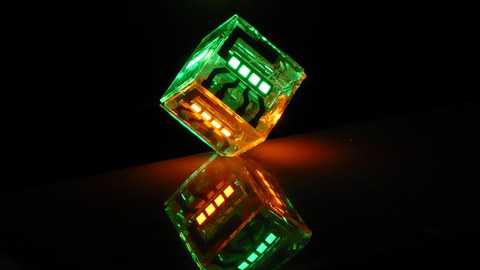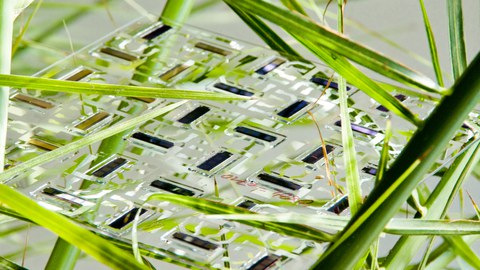Our Competence
At the IAPP, an interdisciplinary team of chemists, physicists and engineers from different areas and faculties of the TU Dresden drives the development of new electronic components. We mainly research organic (ie consisting of "plastics") semiconductors.
We have great expertise in the synthesis of such materials, the characterization of their optical and electronic properties and the production of highly efficient semiconductor components from these materials.
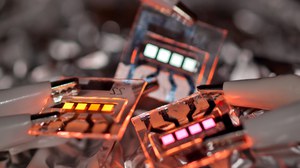 © Caroline Murawski/IAPP
© Caroline Murawski/IAPP
Organic Electronics
Organic electronics and organic semiconductors are key technologies in the field of microelectronics. With their help, large-area, flexible, semi-transparent, very thin and extremely energy-efficient products can be realized. We already encounter some of these applications in everyday life, such as OLED displays, while others are at the source of market entry, e.g. organic solar cell foils or printed circuits, some of them still sound like a dream of the future, like a sensor built into a smartphone that warns us of food that has been left behind.
Due to the low use of materials (only a few grams per square meter) and the established production methods, low production costs can also be expected. Organic chemistry, with its billions of molecules that can be synthesized, offers the possibility of finding the right materials for every application.
Organic components are only a few hundred nanometers thick. They consist of several layers that are evaporated on the IAPP in a vacuum. This production method is also established on an industrial scale. An essential component for the success of organic electronics is the possibility of doping layers with small molecules. At the IAPP, this method, established in conventional semiconductor technology, was successfully implemented for the first time for organic structures. It forms the basis for the p-i-n concept for the construction of organic semiconductors.

